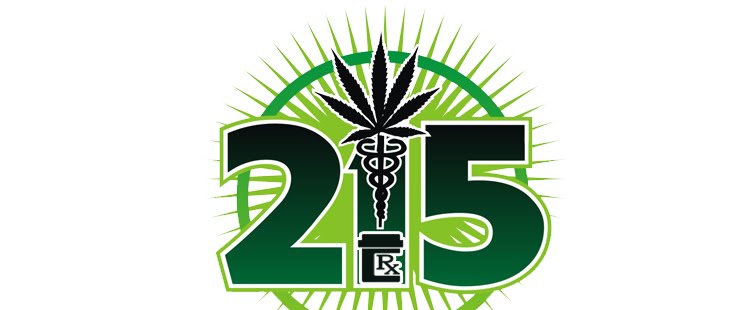Medical Marijuana Identification Card Program Opens in San Joaquin County * Dr.Note is BEST
Passed in 1996, Proposition 215 (the “Compassionate Use Act”) made the medical use of marijuana legal in California. In 2003, Senate Bill 420 was passed as a clarification of Proposition 215 and required the establishment of a statewide medical marijuana identification card and registry program under California Health and Safety Code and California Code of Regulations.
On November 4, 2008, the San Joaquin County Board of Supervisors approved implementation of the Medical Marijuana Identification Card (MMIC) Program. The San Joaquin County MMIC Program will open on Monday, January 5, 2009.
Under this State-wide and State-mandated program, San Joaquin County Public Health Services Vital Registration Office will be responsible for processing MMIC applications and issuing identification cards to qualified patients and primary caregivers who are residents of the County.
The Public Health Services Vital Registration Office is located at 1601 E. Hazelton Avenue in Stockton.
Completed applications will be accepted by appointment only. Applicants must submit required documentation, have a digital photograph taken, and pay fees at the time of the appointment. The fee for the card is $71.00 for MediCal recipients and $141.00 for all others.
Appointments may be scheduled by calling the Public Health Services at 468-8600, Monday through Friday between the hours of 8:00 am and 5:00 pm.
Patients must meet the following criteria to begin the MMIC application process:
· Residency - must be a resident of San Joaquin County;*
· Proof of identity - must bring proof of identity such as CA driver’s license or CA identification card;*
· Written Documentation of Patient’s Medical Records - a physician licensed in California must complete this form *
which will provide the diagnosis of an eligible medical condition for the patient;
· Photograph - a digital photo of patient and primary caregiver will be taken and will appear on the medical marijuana
identification card;
· Fees - application fees must be paid when an application is submitted.
Application materials can be obtained online or at the Public Health Services-Vital Registration Office in the Public Health Services building in Stockton.
For additional information regarding the State program criteria, visit www.cdph.ca.gov
*-The Id Card is not something you have to have...it has its ups and downs.
Pro: Verification, Should Prevent Arrest, County Issued
Cons:
1. Still no State retailers, distributors, caregivers, or collective dispensaries.
2. why get a card from the county when they have no limits or guidelines?
3. Limited to state guidelines
4. Registered in a State-wide system
Additional Resources
- Application Checklist
- Form - Medical Marijuana Program Application/Renewal (DHS 9042) (English | Spanish)
- Form - Written Documentation of Patient's Medical Records (DHS 9044) (English | Spanish)
- State of California Medical Marijuana - Frequently Asked Questions
- State of California Department of Justice - Guidelines for the Security and Non-Diversion of Marijuana Grown for Medical Use (August 2008)

